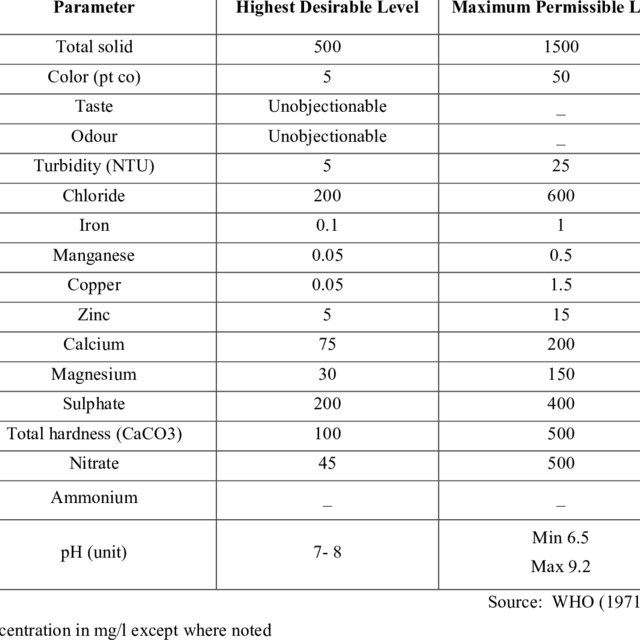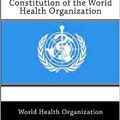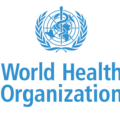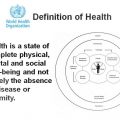Drinking water quality standards describe the quality parameters set for drinking water. Despite the truth that every human on this planet needs drinking water to survive and that water may contain many harmful constituents, there are no universally recognized and accepted international standards for drinking water. Water is an important natural resource used for drinking and other developmental purposes in our lives. Safe drinking water is necessary for human health all over the world. Being a universal solvent, water is a major source of infection. According to world health organization (WHO), 80% of diseases are waterborne. Drinking water in various countries does not meet WHO standards. 3.1% of deaths occur due to the unhygienic and poor quality of water.
Many countries specify standards to be applied in their own country. In Europe, this includes the European Drinking Water Directive and in the United States, the United States Environmental Protection Agency (EPA) establishes standards as required by the Safe Drinking Water Act. For countries without a legislative or administrative framework for such standards, China adopted its own drinking water standard GB3838-2002 (Type II) enacted by the Ministry of Environmental Protection in 2002.
The global standard is the World Health Organization’s guidelines on the standards that should be achieved in relation to drinking water quality.
[pdf-embedder url=”https://www.publichealth.com.ng/wp-content/uploads/2020/10/World-Health-Organization-Drinking-Water-Standards-Table.pdf” title=” World Health Organization Drinking Water Standards Table”]





